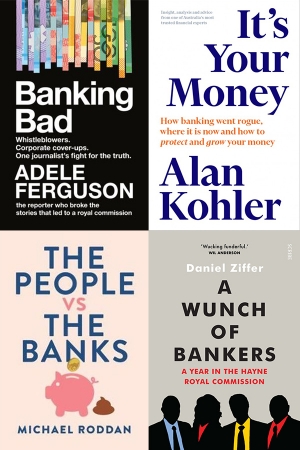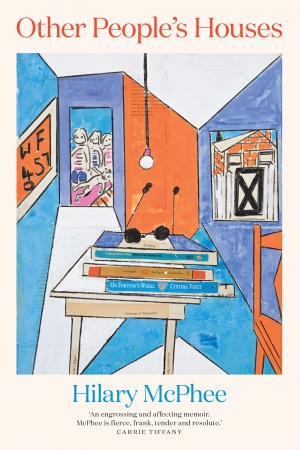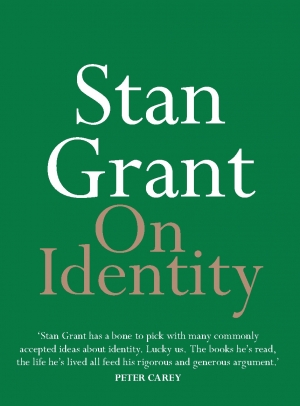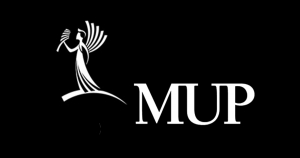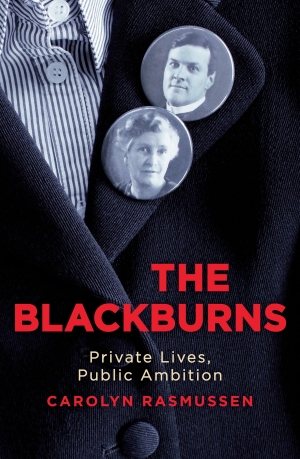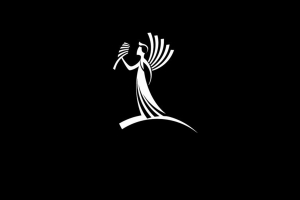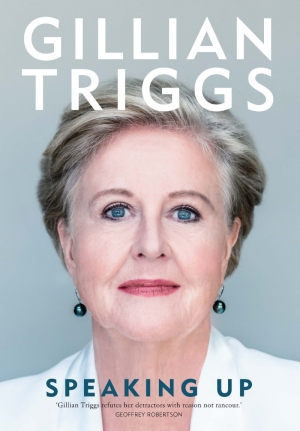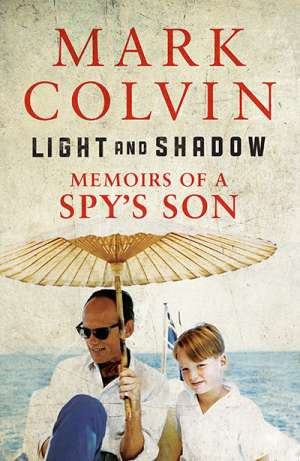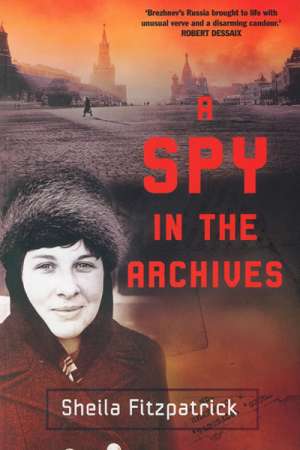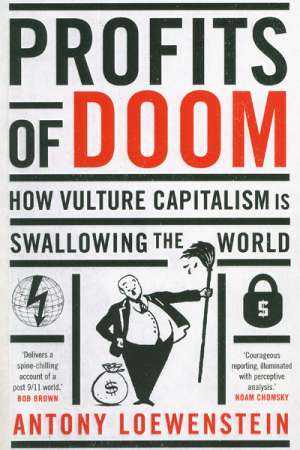Melbourne University Press
Bank bashing is an old sport in Australia, older than Federation. In 1910, when Labor became the first party to form a majority government in the new Commonwealth Parliament, they took the Money Power – banks, insurers, financiers – as their arch nemesis. With memories of the 1890s crisis of banking collapses, great strikes, and class conflict still raw, the following year the Fisher government established the Commonwealth Bank of Australia, ‘The People’s Bank’, as a state-owned trading bank offering cheap loans and government-guaranteed deposits to provide stiff competition to the greedy commercial banks gouging its customers.
... (read more)In the spring of 2003, a person from Hilary McPhee’s past got in touch with her. McPhee did not remember the woman’s name but recognised her immediately when they met for coffee. At high school they had played hockey together for a team called the Colac Battlers. The woman had been working for years as a personal assistant at a palace in Jordan ...
... (read more)It was a great moment in Australian history when William Cooper walked to the Australian parliament to object to the treatment of Jews in Germany during World War II. At the time, the British and Australian parliaments were ambivalent about the atrocities occurring across Europe ...
... (read more)Like many of us, I think of the book as the great vehicle for the sophisticated expression of our humanity. The world needs the book more than ever...
... (read more)Jacqueline Kent reviews The Blackburns: Private lives, public ambition by Carolyn Rasmussen
If you were young and energetic and a believer in a range of progressive causes, Melbourne in the first three decades of the twentieth century was an exciting place. It was even better if you were in love. Doris Hordern and Maurice Blackburn, the joint subjects of Carolyn Rasmussen’s deeply researched ...
... (read more)The University of Melbourne’s announcement on 30 January 2019 that Melbourne University Publishing would henceforth ‘refocus on being a high-quality scholarly press in support of the University’s mission of excellence in teaching and research’, which led to the resignations of its chief executive, Louise Adler ...
... (read more)Gillian Triggs is a pearls-and-perfectly-cut-jacket person these days, so it is thrilling to learn that she was dressed head to toe in motorcycle leathers when she had one of the more instructive experiences of her life. It was 1972, and Triggs, the future president of the Australian Human Rights Commission ...
... (read more)Morag Fraser reviews 'Light and Shadow: Memoirs of a spy's son' by Mark Colvin
Mark Colvin’s fine memoir – of a journalist’s life and as a spy’s son – was completed before the Macquarie Dictionary chose ‘fake news’ as its word of the year, and the OED and Merriam-Webster opted for ‘post truth’ and ‘surreal’. In July 2016, as Colvin was writing his acknowledgments chapter ...
... (read more)When Sheila Fitzpatrick arrived in Oxford in 1964, with a couple of years of Russian language studies at Melbourne University and a Commonwealth Scholarship under her belt, she had more than a passing knowledge of Cold War spying. Her father, Brian Fitzpatrick, was a labour historian and well-known leftist who had advised the Labor Opposition leader H.V. Evatt ...
One of the literary legacies of the financial crisis is a type of travel writing focused on the local social, economic, and environmental effects of unfettered global capitalism. There are two types of such books. Michael Lewis is perhaps the best known and most widely read author of the first kind, in which the reporter becomes a kind of tour guide to the financial freak show. In Boomerang (2011), Lewis shows how greed overwhelmed both the lenders and the borrowers of cheap money in places like Iceland, Ireland, and the United States. Reading him is like watching the circus through binoculars. The spectacle is both vividly close and comfortably distant; we enjoy the show but feel no direct involvement in the unfolding action.
... (read more)
